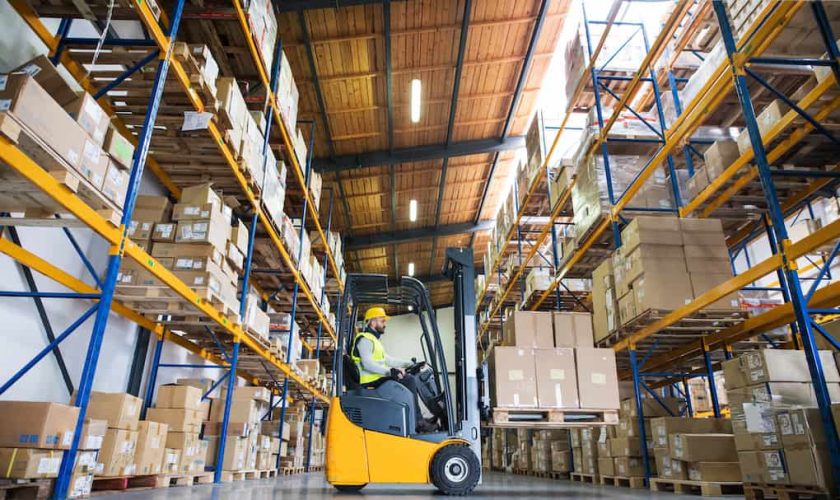A warehouse is a large building used to store goods. They can be used by manufacturers, wholesalers, exporters, importers, customs agencies, transport companies, and many other types of businesses.
Warehouses in Tennessee are important for businesses because they help keep stock organized and make inventory management easier. They also provide a central place to receive and process orders.
Retail Warehouse
Retail warehouses are a growing breed of warehousing facilities, largely driven by the declining availability of available warehouse space. They serve as distribution centers for local and regional retail stores.
They also help e-commerce businesses scale through online sales, and may even pick and ship inventory to physical retail locations for restocking or redistribution purposes. While these warehousing solutions may offer some advantages over traditional warehouses, they do come with some significant limitations.
One of the most challenging logistics challenges for e-commerce warehouses is inventory management. This includes ensuring that your stock is always at its correct level, eliminating stock outs, and maintaining order accuracy.
To achieve this, retailers and 3PLs need modern technology that is intuitive and easily accessible. These tools can include a warehouse management system (WMS) and inventory management software, such as an inventory visibility solution.
Cool Warehouse
Cool warehouses can be a great place to store supplies and materials that aren’t suitable for high heat. Products like meat, agricultural goods, medical equipment, blood, and pharmaceuticals may not be safe if they are stored in extreme heat or humidity.
Keep employees healthy and happy by ensuring they have access to air conditioning and proper ventilation. In addition, training workers on the warning signs of heat exhaustion and heat stroke can be helpful.
If your warehouse is located in a hot climate, consider using industrial strip doors or curtains to prevent the hot outside air from entering the space. This will help maintain a cooler interior and cut down on AC costs.
This warehouse in NYC has a raw and unpretentious look that’s perfect for a film or event. The 6,000 square feet of space features weathered white brick walls and wood floors, and the loft-like ceilings can easily accommodate up to 150 people. It’s also a great option for those looking to get creative with lighting and decor.
Agricultural Warehouse
Agricultural warehouses are used to store grains, seeds, crops, hay and other farm-related products. They can also be customized to create the proper temperature, airflow and storage environment for product preservation.
Whether you’re a traditional farmer or a hydroponic gardener, you need an agriculture warehouse to store your products. These facilities can be used to grow a variety of crops, such as tomatoes, corn, broccoli, carrots, cucumbers and more.
Building a warehouse is an intensive process that involves the design of building materials, storage systems and facility layout. These decisions influence the costs of agricultural warehouses and hydroponic warehouses in the long run.
Having a pre-engineered steel structure designed for energy efficiency and optimal airflow benefits agricultural providers that want to keep their products healthy, stable and in a consistent atmosphere. This also helps reduce the cost of power to operate a facility, which can help you save money and enhance your fiscal advantages.
Industrial Warehouse
A warehouse is a building that houses a lot of items in storage. This type of property is used by manufacturers, wholesalers, transport businesses, customs and many other organizations that have a need to store products.
Industrial warehouses can be large and plain, or they may have an elaborate design with a complex interior layout. They are often found in industrial parks on the outskirts of cities or towns.
While they are most commonly used for storing items, these buildings can also be used for light manufacturing and other tasks related to production and distribution. Any warehouse that has space designated for light industrial manufacturing can be considered an industrial warehouse.
Warehousing is a critical process for any business that sells physical goods. It involves a large number of elements that need to work smoothly together in order to ensure that all your inventory is delivered to customers in the correct manner. This process requires careful planning and attention to detail.

